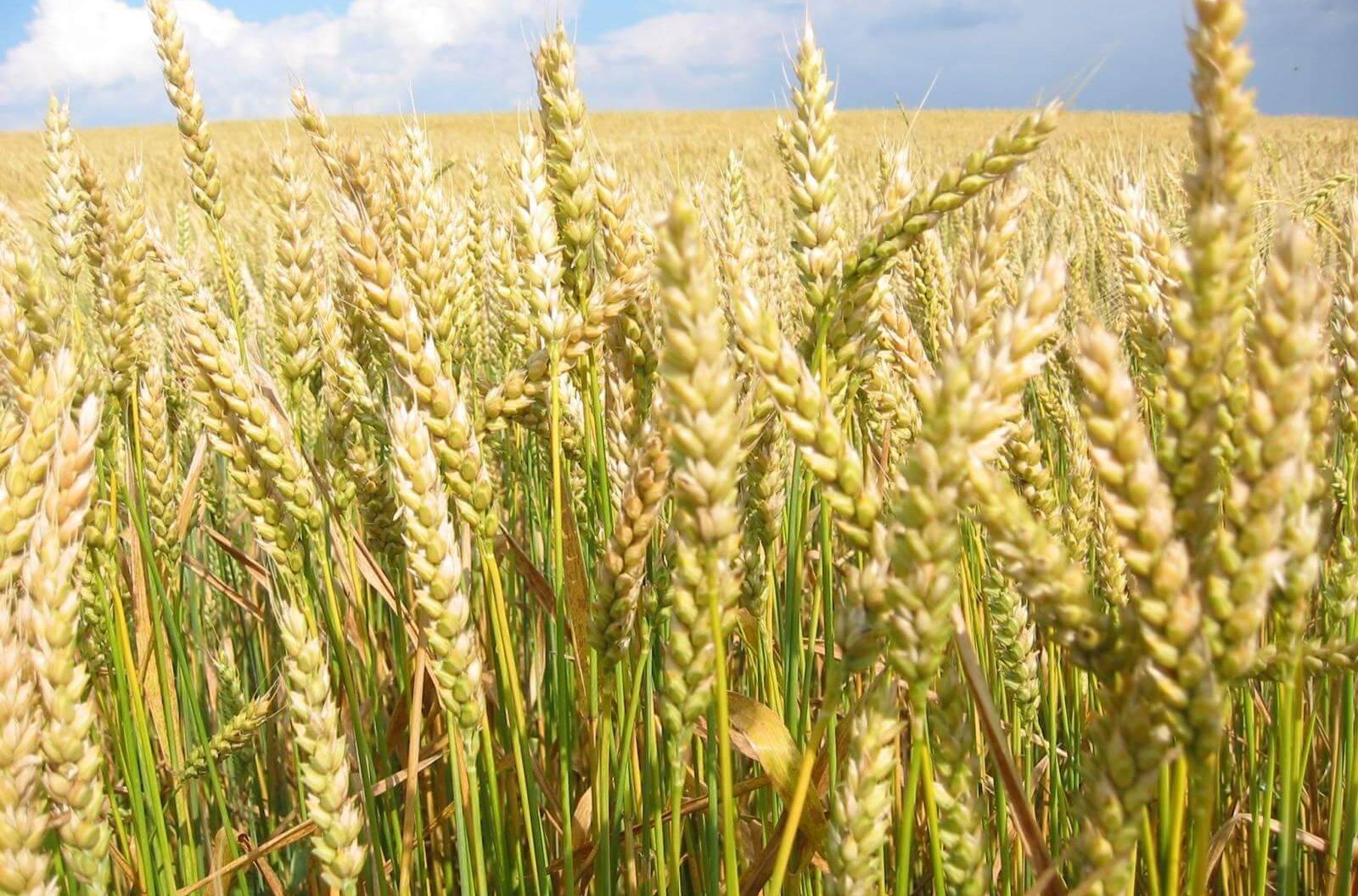Saudi Arabia Records 12.1% Increase in Local Wheat Supply Amid Economic Growth

The local wheat procurement season for 2023 has drawn to a close in Saudi Arabia, with a reported 12.1% increase in wheat supply from the previous season. The Saudi General Authority for Food Security announced the successful acquisition of a total of 1.187 million tons of wheat, valued at an approximate 2 billion riyals (533 million dollars).
The procurement season, which concluded in October 2023, saw a record-breaking harvest from local farmers. The Authority has already completed the payment of all farmers’ dues, following the completion of all regulatory procedures through the ‘Mehsouli’ electronic platform. The prompt resolution of dues paves the way for a smooth transition to the next planting season.
The locally harvested wheat serves as a reliable source for the Authority to secure Saudi Arabia’s food security needs. This local supply is complemented by quantities allocated for Saudi investors abroad and international tenders competed for by major global grain trading companies.
Data from ‘Mehsouli’ shows that 3.2 thousand farmers supplied wheat this season, marking a 27% increase from last year and accounting for 86% of all registered farmers. The Al-Qassim region led the kingdom in wheat supply with 309,000 tons, followed by Al-Jouf, Tabuk, Hail, Wadi Al-Dawasir, Al-Kharj, Riyadh, and Al-Ahsa.
The report also highlighted the continued growth of non-oil activities in the third quarter and the conclusion of various agreements aimed at enhancing the country’s economic landscape. These include the establishment of a dates factory in Medina, initiatives to boost small and medium enterprises’ operating revenue, and plans to enhance sustainability in the mining investment sector. A real estate investment fund valued at one billion riyals was also established.
On another note, oil prices experienced fluctuations on Thursday, with Brent trading around $80 a barrel, influenced by rising US stockpiles and production. This overshadowed concerns about trade disruptions in the Red Sea. Angola also announced its withdrawal from OPEC, moving its focus towards its goals amid production quota disputes. The Public Investment Fund signed an agreement to invest in the Saudi Aerospace Engineering company, aiming to become a leading national company in aircraft maintenance, repair, and overhaul services, and to support the development of a specialized village for these activities in Jeddah. The Saudi Minister of Transport and Logistics emphasized the project’s contribution to the strategic aviation plan, with a significant part of the maintenance village set to open in 2024 and the entire project in early 2025, employing 11,000 staff.
Read also
Wheat in Southern Brazil Impacted by Dry Weather and Frosts
Oilseed Industry. Leaders and Strategies in the Times of a Great Change
Black Sea & Danube Region: Oilseed and Vegoil Markets Within Ongoing Transfor...
Serbia. The drought will cause extremely high losses for farmers this year
2023/24 Safrinha Corn in Brazil 91% Harvested
Write to us
Our manager will contact you soon



